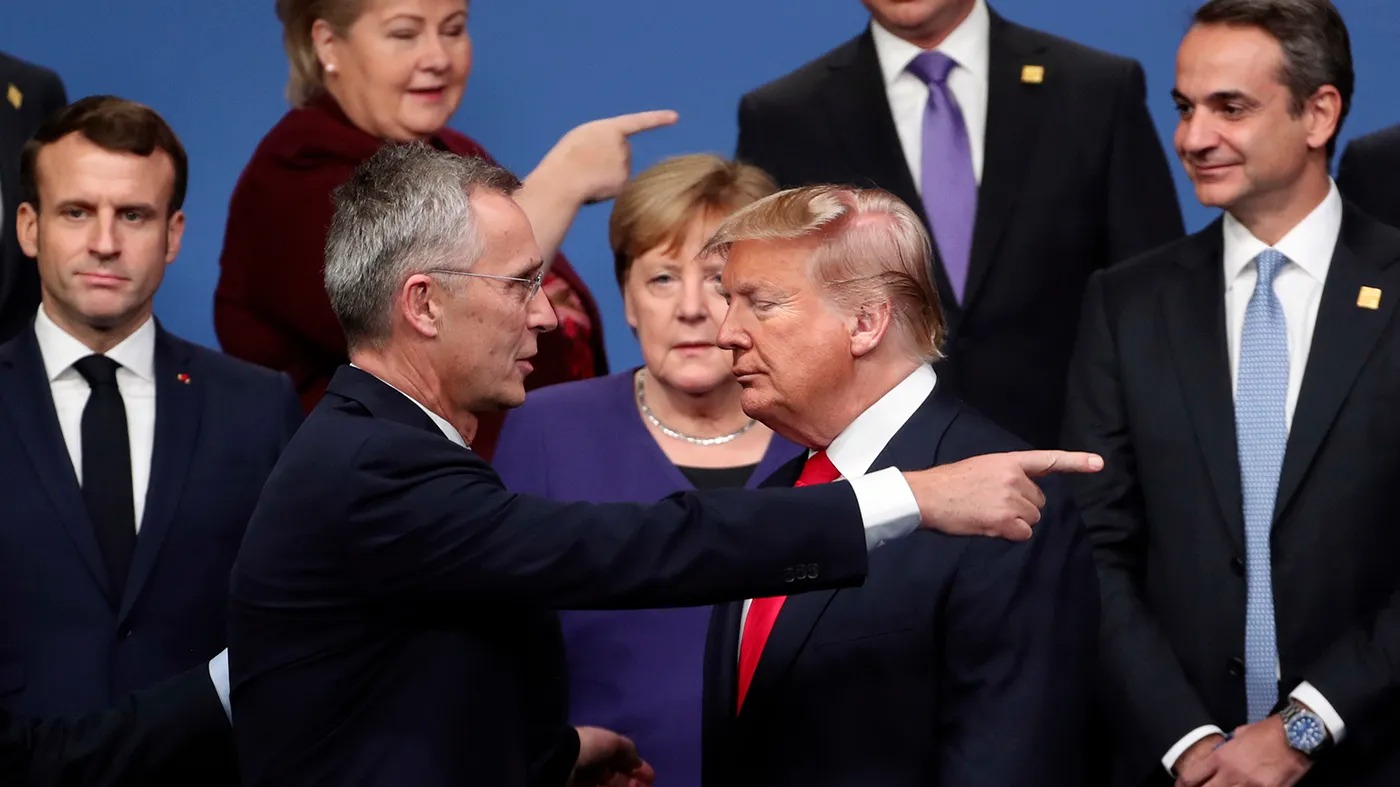In December of last year, lawmakers from both parties included language in the annual defense policy bill to limit a president’s power to withdraw the US from NATO, possibly anticipating the kind of rhetoric that former President Donald Trump is now using to criticize the alliance.
Trump recently stated at a campaign rally that he had told an unidentified NATO leader that he would support Russia in doing “whatever the hell they want” with countries that are behind on their defense spending. This statement undermines the core principle of NATO, which is mutual defense among member countries.
President Joe Biden has criticized Trump’s remarks, suggesting that Trump was the first president to “bow down” to a Russian dictator. Biden described this behavior as “dumb,” “shameful,” “dangerous,” and “un-American.”

Biden’s comments came amid concerns from NATO and European officials about Trump’s statements and as House Republicans have blocked additional aid for Ukraine.
The inclusion of language limiting a president’s ability to withdraw from NATO in the defense policy bill reflects bipartisan support for the alliance and a desire to prevent a president from undermining it.
This move underscores the importance of NATO in US foreign policy and the need for a strong commitment to collective defense among member countries.


